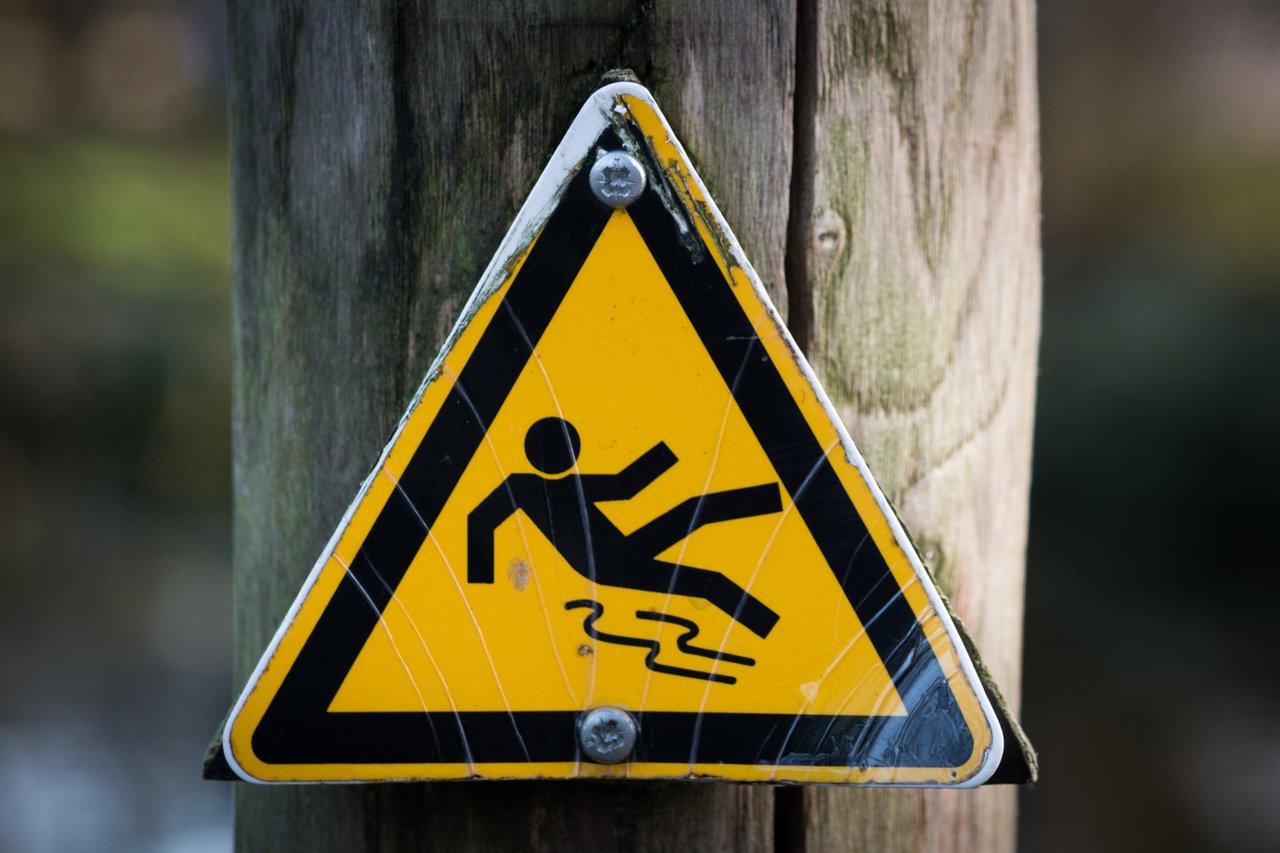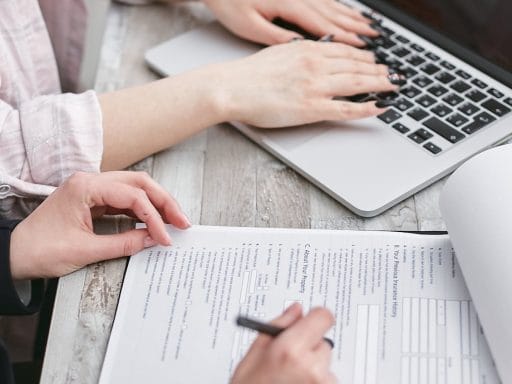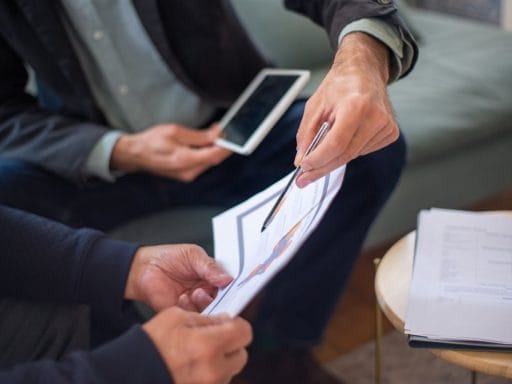Slip-and-fall accidents happen more than many people may realize. In fact, they are one of the most common reasons people seek the help of a personal injury lawyer. If you sustain an injury from a slip-and-fall accident, even with insurance and using your emergency fund, the medical care may end up costing you more than you can afford.
A slip and fall accident lawsuit may be complex, but depending on the circumstances, you may want to consider talking to a personal injury lawyer about legal action. So, how do you know if have a valid claim for a slip and fall injury? Here are the answers to the questions that will help decide if you have valid reasons to file a slip and fall claim.
Did the Accident Occur on Someone Else’s Property?
One of the most important factors of a slip-and-fall injury claim is where you were when the accident happened. In order to file a claim for a slip and fall injury, you must have been on someone else’s property when you fell and injured yourself. This means that a third party must be responsible for your injuries in order for you to file a claim against them.
A third party may include business owners as well as private homeowners. In some situations, you may be able to file a claim for an injury resulting from a fall on your property, but this is typically only the case if you are renting the property and the landlord didn’t warn you about conditions that may be unsafe.
Was the Accident Reasonably Foreseeable?
When talking with a personal injury after you sustain an injury from a slip-and-fall accident the most important question your attorney will address is did the property owner or any of their employees know ahead of time that the issue could lead to a fall?
For example, if you were grocery shopping and you slipped and fell because there was liquid spilled on the floor. Your attorney will need to know if there were warning signs or employees near the spill to alert you of a possible accident.
Another example may be if you are out walking your dog in the winter. And a neighbor failed to shovel their sidewalk. Even with knowing that the sidewalk is uneven and you may not see the uneven area due to the snow covering.
In order to file a legal claim for the injuries, you sustain in a slip and fall accident must have been caused by hazardous or unsafe conditions. If the accident was the result of your own negligence, in most situations, you most likely don’t have legal cause to file a slip and fall claim. For example, if you are taking a hike in an area that you know is unsafe. You trip and fall on a tree root, your injuries will be considered to be your negligence, not the responsibility of the property owner. Some of the most common types of hazards that may lead to slip and fall injuries include:
- Slippery or wet floors
- Damaged sidewalks
- Cracks or potholes in concrete
- Large piles of debris
- Ice or snow that hasn’t been removed from walkways
Was the Property Owner Aware of the Hazards and Were There Warnings?
When you sustain an injury from a slip-and-fall accident. The most important thing you must prove is that the property owner was aware of the hazard that caused your accident. It’s also important to be able to prove that the property owner had enough time to address the safety hazard, but didn’t.
Keep in mind that proving the property owner had knowledge of the hazard is extremely difficult. Which is where witness statements, medical reports, incident reports, and video, such as security, the footage is beneficial. It’s also important to note that not all hazards must be immediately repaired.
When immediate repair isn’t an option, property owners have the option of providing adequate warning to anyone that enters their property. For instance, mopping is a necessity in a grocery store and the floor must have time to dry. So employees are required to put a “wet floor” sign around the hazardous area. If there is a sign present, it is your responsibility to take the necessary precautions to prevent falling. Timing is also an important factor when it comes to filing a claim for slip and fall injuries.
Your attorney will ask questions about the timing, such as how long has the hazard been present. For instance, if you fell down the steps in your apartment building because the light bulb was burned out and you couldn’t see. You will need to be able to prove how long the bulb was burned out; the longer the hazard was present, the more likely the apartment owner was aware of the issue.
Also read: Why You Should See a Car Accident Chiropractor After a Car Crash
How Severe Are Your Injuries?
In most situations, a bruised elbow or a skinned knee won’t be considered serious enough to file a claim for compensation for your injuries. Slip and fall injury claims are generally meant for serious injuries. Such as a broken bone and other types of injuries that require extensive medical treatment and/or therapy.
Not only is it important to consider the medical bills. But when filing a claim for slip and fall accidents, your attorney will also take into consideration other causes for financial compensation. Such as lost wages and future treatments for your injuries, such as physical therapy. Some of the most common types of injuries that may qualify you for a slip and fall claim include:
- Broken bones
- Traumatic brain injuries
- Spinal trauma
If you are involved in a slip and fall accident, it is important that you seek medical attention immediately, even if you think your injuries aren’t serious, it’s still recommended that you visit your doctor; some injuries, such as brain injuries aren’t always immediately apparent. If possible, take photographs of your injuries, the area where you fell, and the hazard that caused your accident.
Talk with any witnesses and collect their contact information. Speak to the property owner or a manager to let them know that you fell, the hazard that caused your fall. File an incident report, and ask for a copy of their insurance information.
If you sustain an injury from a slip-and fall accident. Then contact us for a consolation to determine if you have a valid claim for your injuries.






